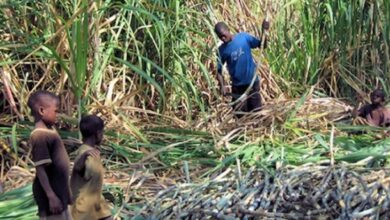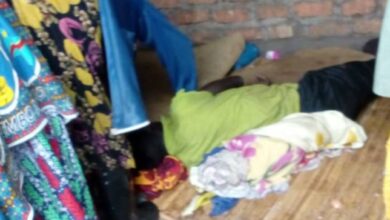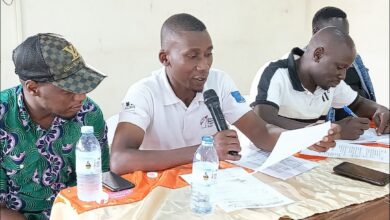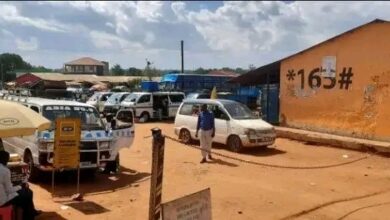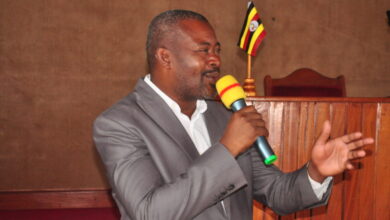West Nile leaders blamed for failing to account to electorates
As the 2026 elections approach, many voters in West Nile are preparing tough questions for their leaders, especially regarding the unfulfilled promises from previous years.
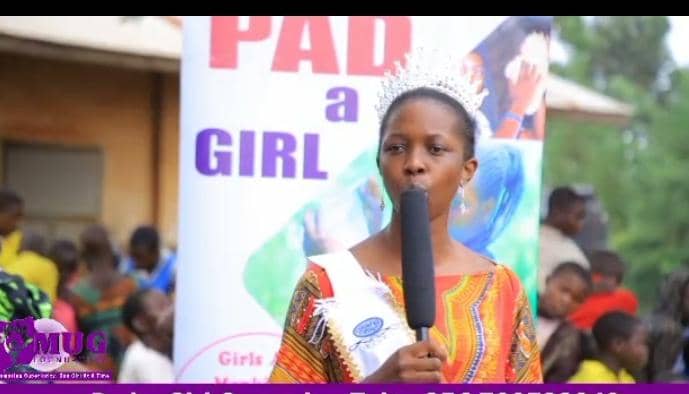
West Nile: Patricia Jane Alobo, the Queen of West Nile, has urged voters in the region to demand accountability from the incumbent leaders who are seeking re-election in the 2026 polls.
Alobo has expressed disappointment over unfulfilled promises by the leaders and stressed that leadership should focus on service, not exploitation.
Alobo referred to a 2019 Afrobarometer survey, which indicated that a majority (58%) of Ugandans believe elections serve as an effective mechanism to hold non-performing leaders accountable.
However, she voiced concern that many leaders are more focused on securing votes rather than ensuring accountability to their electorate.
She took to social media, saying: “Unfortunately, some leaders are now only focused on securing votes rather than delivering on past promises. It’s time for our leaders to account for their five years in office, not with empty words, but with tangible results. Leadership is about service, not exploitation.”
She added, “We cannot sit back and watch leaders return with the same empty promises while we remain silent. Our people deserve better. Our children deserve a brighter future. Our elders deserve to see the value of their votes.”
Alobo, who hails from Zombo District, was crowned Queen of West Nile in 2024 in Pakwach Town Council, Pakwach District. Her remarks are gaining attention as the political atmosphere heats up in the lead-up to the 2026 elections.
It is unclear whether Alobo herself is considering a run for political office, but she recently graduated with a Bachelor’s of Business Administration from Makerere University Business School.
Politicians across various party lines are back to using their usual rhetoric, urging voters to elect them to bring change to their livelihoods.
In a speech to the community of Otheko Parish on February 3, Festus Ayikobua, the Resident District Commissioner (RDC) of Zombo, highlighted the importance of consistent community meetings, or Barazas, to ensure accountability for public funds.
Amos Jacan, the Youth Chairperson of Zombo, who has expressed interest in running for the position of LCIII Chairperson of the business-oriented town of Paidha, emphasized the need for accountability, especially from long-serving leaders.
Many leaders, including MPs in some areas, have been criticized for being absent in their constituencies. This absenteeism has been attributed to several factors, including a high demand for handouts from voters.
In Arua’s Ayivu West Division, Councillors have accused their area MP John Lematia of failing to attend council sittings for the past four years. Lematia, however, has denied these allegations.
Despite these challenges, some local government leaders have been somewhat relieved of pressure regarding infrastructure issues. This is because they receive 1 billion shillings annually to supplement funds for road rehabilitation.
In Zombo, several roads, such as Zombo-Atyak, Pakadha-Awasi-Konga, and Alangi-Zeu, have been repaired in recent years. However, infrastructure issues, especially the deplorable state of some roads, remain a key concern in the region.
One major ongoing concern in Greater Nebbi is the 119 km Nebbi-Paidha-Warr-Vura road, which remains in poor condition, hindering business and causing frequent accidents.
In 2024, Songa Biyika Lawrence, the Ora County MP, along with Woman MP Esther Afoyochan, raised the issue in Parliament, criticizing the government for its failure to address the road’s condition, which continues to affect traders, trucks, and local businesses.
The poor state of the road has sparked widespread frustration, and many locals continue to hold their leaders accountable for their failure to address this issue.
Francis Bolingo, the District Councillor for Athuma Sub County, placed the blame on leaders for failing to consistently organize community Barazas, which would help promote accountability in local governance.
As the 2026 elections approach, many voters in West Nile are preparing tough questions for their leaders, especially regarding the unfulfilled promises from previous years.
Do you have an advertisement or article you want to publish? Mail us at theugreports@gmail.com or WhatsApp +256394700683.


